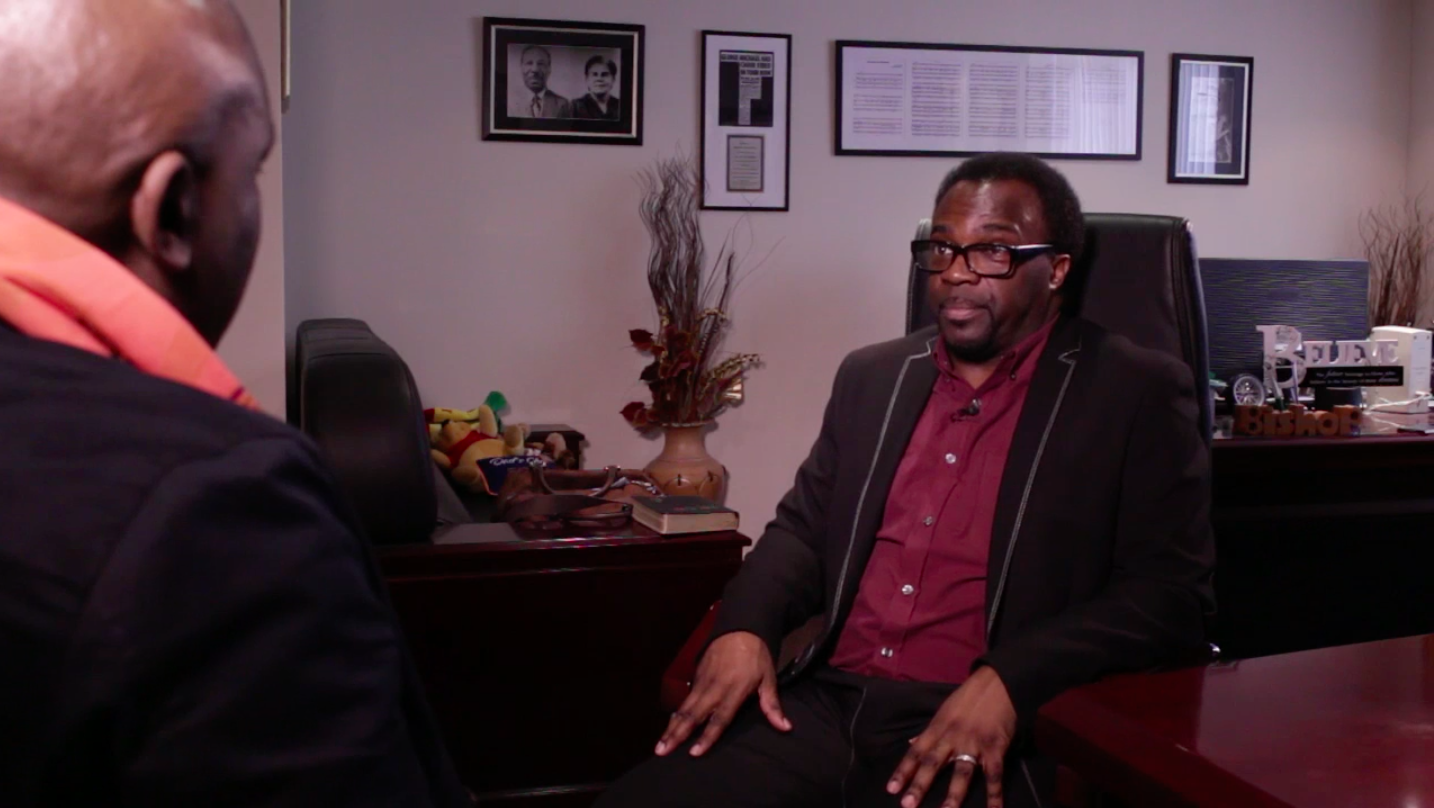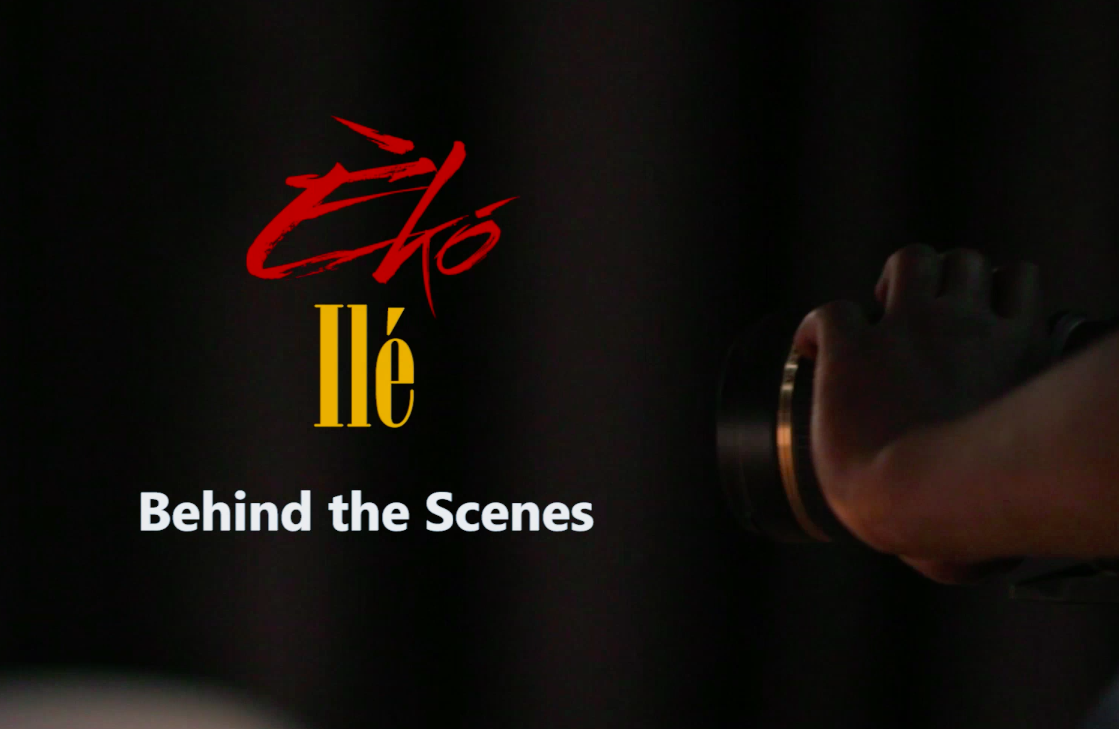In today’s day and age, we no longer have jobs of life and job security has pretty much gone out of the window. It’s a fact that your employment could be here today and gone tomorrow. That’s why I firmly believe that it is important to have multiple revenue streams. You don’t want to be in a what’s described as having “Single Source Dependency”.
Over the next couple of weeks, I am going to be looking at business opportunities that you can run alongside an existing job or project. This week are going to look at MAKING MONEY ON EBAY
Take a read and let me know your thoughts about EBAY and THE SIDE HUSTLE. Do you have more than one revenue or income stream.
How to start an eBay business
Could starting an eBay business lead to cyber success?
What is eBay and how do you start a business on it?
Getting stock for your business
Setting up a business on eBay
eBay company costs
eBay rules and regulations
Making a profit on eBay
eBay selling tips
What is eBay and how do you start a business on it?
Internet auction website eBay is one of the biggest retail phenomena of our time. The opportunities offered by an eBay business stretch way beyond the chance to sell unwanted bric-a-brac, or discarded Christmas presents.
eBay was started by Pierre Omidyar in September 1995 as a result of his wife’s desire to add to her collection of sweet dispensers; not even in his wildest dreams could Omidyar have predicted how far his venture would go. The simplicity of setting up on eBay has persuaded millions of people who would never previously have considered going into business to start out for themselves, and millions more have established healthy second incomes by buying items and selling them online for profit. According to statistics released in June 2011, eBay had 96 million active users and 233 million customers worldwide.
As any user will know, eBay features just about everything for sale, from the weird and wonderful to the plain and practical. With thousands of UK customers looking for an eBay bargain every day, it’s unsurprising that many entrepreneurs have decided to take advantage and use the website to generate a full-time eBay business. An independent trade body, the Professional eBay Sellers Alliance, or PESA, has been set up exclusively for these people; PESA claims its members’ total sales amount to over $400m a year.
In addition, starting an eBay business can represent a quick route to international trade, and UK sellers in particular are taking advantage of this opportunity. A recent study conducted by the US site found that the UK is leading the way in eBay exports, with UK businesses exporting to an average of 39 different countries each – more than anywhere else in the world. Fashion accessories represented the most widely-exported products from UK sellers in the first quarter of 2014, with vehicle parts and mobile phones also presenting lucrative export opportunities.
Julie King, from Newcastle, gave up her job as an IT consultant after she found she could buy and sell designer shoes and handbags on eBay for a profit. Her eBay business, Killer Heels, based on buying shoes and bags from wholesalers and selling them on eBay, soon grew into a £6,000-a-month operation.
Amid all the wacky eBay stories that regularly invade the press, such as the housewife who put herself up for sale for £25,000, there are plenty of thriving businesses taking advantage of the eBay phenomenon. One such business is The Gathering Goddess, a vintage clothing company run by Wilmamae Ward, who says:
“I had been buying beautiful vintage clothes on eBay for several years and had amassed a huge collection for which I no longer had room. I decided to sell some of my collection back on eBay. I was amazed at the prices achieved, so I began to sell more and more and it just snowballed. eBay allowed me reach many customers
“I soon decided this was a business I would love doing, as I was able to indulge my fashion obsession and make a great living at the same time. It also enabled me to work from home and make my own hours.
“In addition, unlike a bricks and mortar shop which has to rely on passing trade and extensive marketing, eBay provides all of this on a global basis – without the overheads. “Starting an eBay business was quite easy, I think the most important thing is to find a niche that few other people are competing in, if you can do this then this is probably the best way to start an eBay business.”
Getting stock for your business
Setting up an eBay business is much like setting up a normal home-based business, as you don’t really need anything other than a computer and storage space. Your biggest challenge will be finding plenty of low-cost products you can sell at a profit.
The most obvious and efficient way to accumulate products is to buy them in bulk from wholesalers. Finding a wholesaler that will supply you with cut-price stock can be a challenge, but if you shop around you will be able to find bargains.
If you strike an agreement with a wholesaler, you should be able to get a constant supply of warehouse stock for your new business. A number of sites, such as Making Money Online, offer links to wholesalers specialising in eBay businesses. Furthermore, Wholesale Pages, set up a ‘special offers’ section, specifically aimed at online sellers, in June 2011.
“Sellers don’t really like to divulge where they source their products as this is where they make their profits,” explains a spokesperson at eBay. “For the older items, people go to markets and charity shops. For newer items, they go to wholesalers, manufacturers and liquidators.”
You may have a collection of items that you wish to get rid of to start with, or there may be a bric-a-brac shop down the road that sells products at a low price. Make sure you explore each avenue to achieve the best possible profit margins, and seek out specialist advice – a good source of guidance is Oliver Goehler, who offers specific insight on sourcing wholesale products.
Setting up a business on eBay
Becoming an eBay member is relatively hassle-free – and this simplicity is one of the reasons almost £750 worth of goods change hands across the site every second.
To set up, you’ll first need to register; this can be done quickly and easily on the eBay website. Once your registration is done, click on the drop-down menu labelled ‘Sell’ found in the top right-hand corner of most eBay pages, and follow the step-by-step instructions from there. You may wish to upload a picture from a digital camera, or one off the web, to illustrate your product.
The next steps are creating a business account, and setting up an online shop. To start trading under your business name, set up a business account with eBay. To do this, you’ll need to provide a UK postal address, or landline telephone number, and details of a bank account capable of accepting Direct Debit instructions.
Those registered for VAT should also disclose their VAT registration number – by doing so, they won’t have pay VAT on their seller fees. (If you don’t have a VAT registered number, register with HM Revenue & Customs.) For all VAT-exempt sellers in Europe, eBay offers VAT at the Luxembourg rate of 15%, meaning your fees will rise slightly.
To be able to open a shop, you need to have a PayPal account, plus a minimum score of five positive feedback reviews. Alternatively, if you don’t have a PayPal account, you need a minimum feedback score of 10; these are based on the reviews you receive from buyers for each item you sell. You also need an automatic payment method on file to pay seller fees (credit card, debit card, bank account.)
Then go to the eBay stores site and click on ‘Open a Shop’ on the right-hand side of the page. Your customers will then be able to add your shops to their ‘Favourite Shops’ list in ‘My eBay’, and you can choose to set up and receive reports that analyse your sales.
There are various options to make you stand out from the crowd, such as premium listings and titles in bold. Although these options do not cost much by themselves, it will add up if you are listing a number of items. Work out which items need pushing by trial and error – you can always take action in the future if an item needs to stand out more.
eBay company costs
Your user ID on eBay contains a comments section from customers and buyers. You are rated for your reliability and honesty and comments stretching back for a year are displayed. Although you have a public right to reply to comments, a long list of negative comments could prove disastrous. New eBay users, in particular, will be cautious when parting with their money and if you’ve gained a reputation for poor service they are unlikely to turn to you.
In the formative days of your eBay business, storage space shouldn’t be a problem. Once you have a profitable business up and running, you may then want to rent out space to store your items.
“Don’t rush into buying storage space,” advises an eBay spokesperson. “If you start off in a small manner, you can use your living room, garage or loft for storage. You’ll know when sales demand that you need more storage space.”
Once you’ve created a business account, you can set up an online shop by paying a monthly subscription fee. This ranges from £14.99 a month for a basic shop package, to £349.99 a month for the most advanced offering (see more in our article on setting up an eBay shop)
It costs between 10p and £1.30 to list an item for auction on eBay, depending on the opening value or reserve price of the item. For fixed price listings, the insertion fee is usually 40p (if the seller does not have an eBay shop), or 20p for media items such as books, music and DVDs. With a shop, the listing fee ranges from free to 10p, depending on the shop package purchased.
eBay then takes a slice of the selling price once an item is sold. In a bid to simplify its pricing model, eBay recently changed its business sellers’ fee structure. As of May 2011, the tiered model (where the fee charged depended on how much the item sold for) was shelved, in favour of a flat percentage fee depending on what category the item falls into. For most items, eBay now takes 10% of the final selling price, regardless of how much the item sold for. Fees vary across certain categories though: for instance, on tech items such as computers and consumer electronics eBay takes just 3% of the selling price; for media items the fee is 9%; and for clothing, shoes and accessories the fee is 12%.
eBay says the new pricing model will make it easier for sellers to predict and calculate their fees and that fees will decrease overall for many sellers, but concedes that they may increase for some.
Making and receiving payments through PayPal, eBay’s online payment system of choice, also incurs a small transaction charge.
eBay rules and regulations
Another advantage of an eBay business is that you shouldn’t be too tangled up in red tape. With no extra staff necessary and the ability to run the entire business from home, you won’t be spending your days getting an ulcer over regulations.
Although eBay itself is user-friendly and a pleasingly accessible marketplace for your products, it does have several rules which you have to abide by. The most significant of these rules for small firms concerns what you can or can’t sell on the site. Here is a list of items completely prohibited by eBay:
Adults only Drugs and drug paraphernalia Embargoed goods Firearms, ammunition, replicas and militaria Government identification, licences and uniforms Government, transit and postal-related items Hazardous materials Items encouraging illegal activity Lock-picking devices Mailing lists and personal information Medicine and healthcare products policy Offensive material Police-related items Prescription drugs Prohibited services Stolen property Weapons and knives
In addition, the following items can only be listed under strict conditions:
Aeroplane tickets Alcohol Animals and wildlife products Artefacts, antiques, cultural items and grave-related items British titles Catalogue sales Charity or fundraising listings Clothing, used Contracts and tickets Cosmetics, used Counterfeit currency and stamps Credit cards Digitally delivered goods Electrical and electronics equipment Event tickets Food Football tickets Franking machines Human parts and remains Manufacturers’ vouchers Plants and seeds Promotional items Property Recalled items Slot machines Stocks, bonds, securities and related certificates Tobacco Train tickets Travel Unlocking software
Obviously most UK small firms wouldn’t consider selling human remains or grenade launchers, but it’s worth going through this list as selling agreements on items such as football and aeroplane tickets are strictly controlled.
Other items such as food and batteries fall into a grey area for eBay, which describes them as “questionable”. So if you have 1,500 cream cakes to sell, check with the site first before you try to auction them off.
eBay promises tough action against those breaking the rules, and you could find yourself barred if you persistently flout the code of conduct. Not delivering items on time or not paying for goods is frowned upon – not only can this get you in trouble with eBay, it will impact on your image as a reputable business.
Because you are a reputable business, there are also rules from HM Revenue and Customs (HMRC) to follow.
If you’re trading as a business, you have three months to register as a sole trader with HMRC; this can be done at your local office, or online. If you expect your turnover to exceed the threshold for VAT (currently £73,000 ) you must notify HMRC within 30 days. You will then need to electronically submit a VAT return each quarter (monthly and annually options are also available), and it’s probably prudent to engage the services of an accountant.
Most eBay traders don’t have to register with Companies House. However, if you decide to trade through a limited company (which can be more tax efficient) then things are slightly different, and Companies House registration becomes a formal requirement. Each year a set of accounts needs to be submitted to Companies House as well as to HMRC, together with a CT600 company tax return.
Any profit from the business will be treated as personal income, meaning you have to complete a self-assessment tax return. If your turnover is below £15,000, you only need to complete three lines on the self-assessment form: your total income, your total allowable expenses, and your profit. However accountants would strongly recommend you take a more thorough approach, and cover as much of the self-assessment as you can, even if you don’t technically have to.
In June 2011, HMRC announced a major clampdown on tax from eBay earnings, so it’s more important than ever to be vigilant and methodical in managing your tax affairs. A number of accountants can offer specialist advice for eBay sellers.
Making a profit on Ebay
Making a profit on the items you buy and then sell is the very essence of starting an eBay business.
There is no sure-fire way to make a profit, but by sourcing goods at a low price and selling them at the going rate, with prompt delivery, you should begin building up your takings. There are certainly plenty of people out there looking to buy – eBay offers a large marketplace.
However, the eBay marketplace is now more congested than ever; thousands of businesses have started trading on the site since the start of the recession. An eBay spokesperson says that eBay’s business users “are attracted to it because eBay is a ready-made ecommerce solution – everything is taken care of, all you need is a computer and a digital camera.”
As any financial risk to your eBay enterprise is small, you can experiment with the goods you are putting online. Vary the prices to see what the market rate is, and then stick to it. Check out what your competition is doing whenever possible, as they may be undercutting you. With so many eBay businesses in the UK, the chances are that someone else is doing what you are doing.
By their very nature, auctions are unpredictable, but they are the only way to ‘test the water’ and see what kind of demand there is for your stock. When you are posting your first few products, set a low price and see how many bids you get and how much the price rises.
You can set a reserve price on items over £50, but it’s best you only do this if you are extremely confident they will sell for the set price.
It’s best not to set reserve prices on the first items you sell, as you will not be able to work out the market going rate for specific items.
An eBay spokesperson says, like many businesses, there is no guaranteed way of making a profit on the site.
“It’s all about the market. Buyers love the chance of getting a bargain – do your research to see what you are likely to get, look at your profit margin and go for it.
“You should only use a fixed price if you are very confident about the auction.”
eBay selling tips
Wilmamae Ward, of eBay clothing business The Gathering Goddess, has attracted a huge amount of interest from the fashion world since putting her collection online.
Here she gives her tips on how to set up and run an eBay business:
· Start with selling something that you know about and/or love doing.
· Research the eBay market in your particular sector as well as on the internet to see what the competition is doing and what is being offered. Find a point of difference that will set you apart from your competitors.
· Be committed to it. It is not easy but it can be extremely rewarding.
· Build up your positive feedback. This is the bedrock of eBay and what sets you apart as a good seller. Excellent customer service = great positive feedback. Never slack on good customer service.
· Always keep track of your competition. Don’t just research them once or occasionally. Remember they are looking at you and as your business steams ahead; they are plotting and planning to take over.
· Be as transparent as you can with your potential customers. Don’t hide costs and describe your items clearly and honestly. Building trust builds business on eBay.
· Don’t spend huge amounts of money on stock and setting up. Start small and grow it slowly. The world of eBay can be complex and the best way of discovering this world is by experiencing it. If you plough in with a huge store full of lots of stock, and you don’t know about it, then you risk falling quickly on your face.
SO WHAT DO YOU THINK ABOUT THE eBay SIDE HUSTLE? SHARE YOUR COMMENTS BELOW









